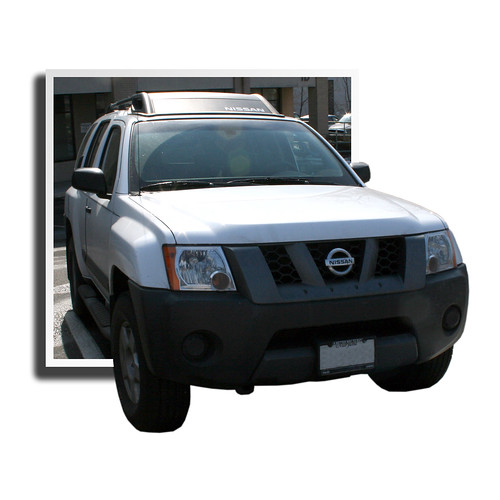
Badly planned, badly thought out NGO operations hurt the communities they attempt to serve. We’re all aware of that in the big ways, like allowing food aid to be turned into a weapon by dictatorships, or sexually abusing aid recipients. Aside from the big blunders, though, we also undermine in smaller ways. Here are two:
1. Using highly visible security where it isn’t called for. Seeing the foreigners ride around in armored cars or helmets is scary. It makes everything seem like a war zone.
In an actual war zone, people are in a war mindset. Using war zone precautions in other contexts generates fear. It actually makes people feel less safe in the place where they live. Maybe your expatriates are genuinely more at risk than local inhabitants (though Michael Kleinman has his doubts and honestly so do I) but how are people supposed to know that?
Security precautions should be appropriate to the level of risk, and as unobtrusive as possible. Considering how much of safety is about population support and acceptance of the work, this benefits NGO programs as well as the communities they work with.
2. Living visibly lavish lifestyles. There is research showing that inequality makes people unhappy. Poor people feel less happy with their lives when they’ve got rich people making them feel deprived. Don’t be those rich people. In addition, no local community is going to feel like a partner if you roll around like wealthy big shots. They are going to feel like the recipient of charity, with nothing to do but wait and accept it.
Expatriate employees need to be fairly comfortable and fairly happy to function and do their best for the organization. I know that. But don’t fly in their cheese or give them palaces to live in.
****
(photo credit: Cayusa)
Chosen because it feels like the big white car is shoved right into your face.

Definitely. Amazing how many times you see these basic principles ignored. What that demonstrates is a lack of empathy–a complete inability to see yourself as other see you.
I agree – considering that the whole idea of development work is predicated on the fact that people can change the world around the, individual people can be remarkably oblivious to their power for negative impact.
Yeah, Pyjama Samsara wrote well about that the other day in this blog post. But you probably read that already.
It was her post that inspired this entry! My comment about cheese at the end links there.